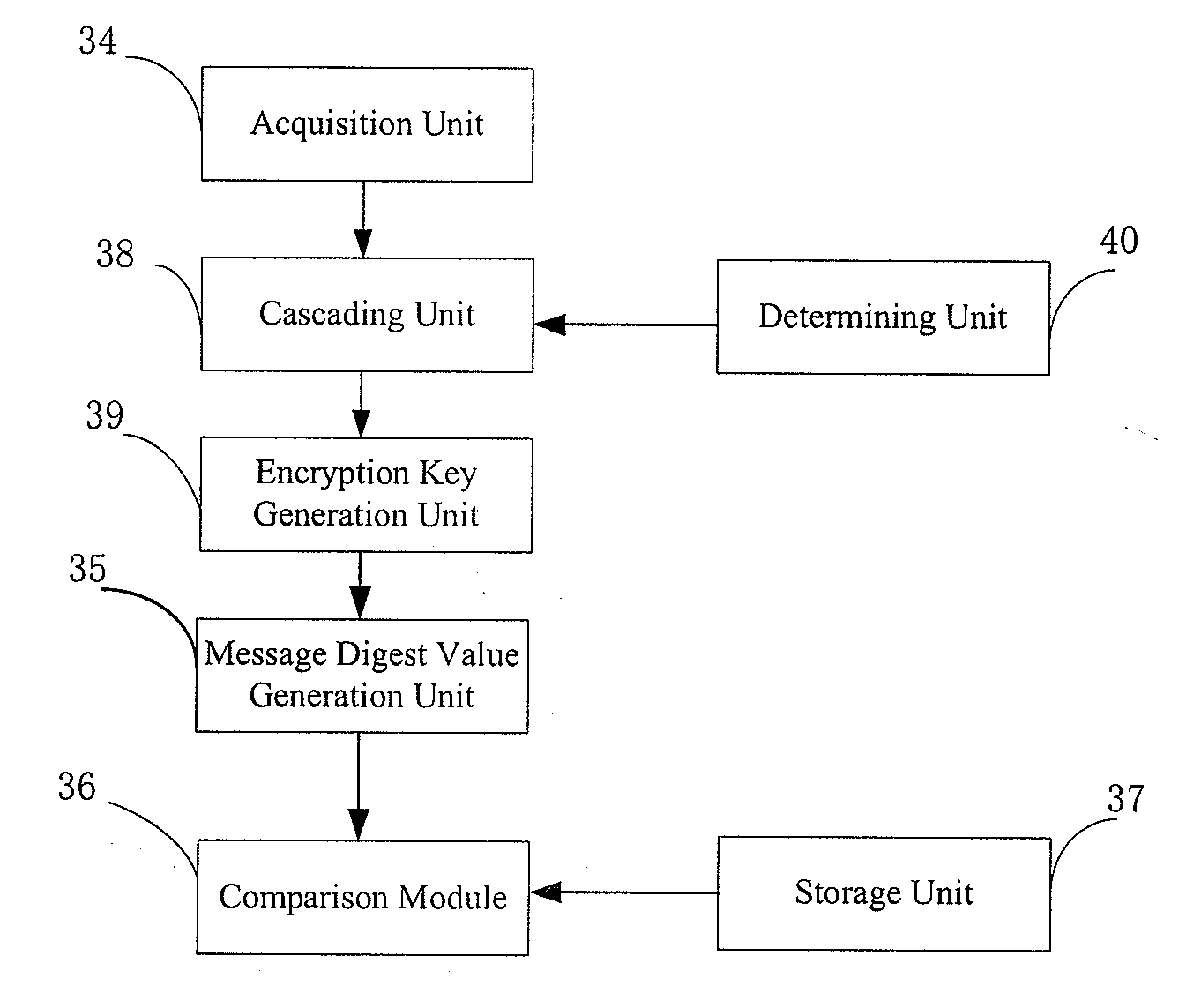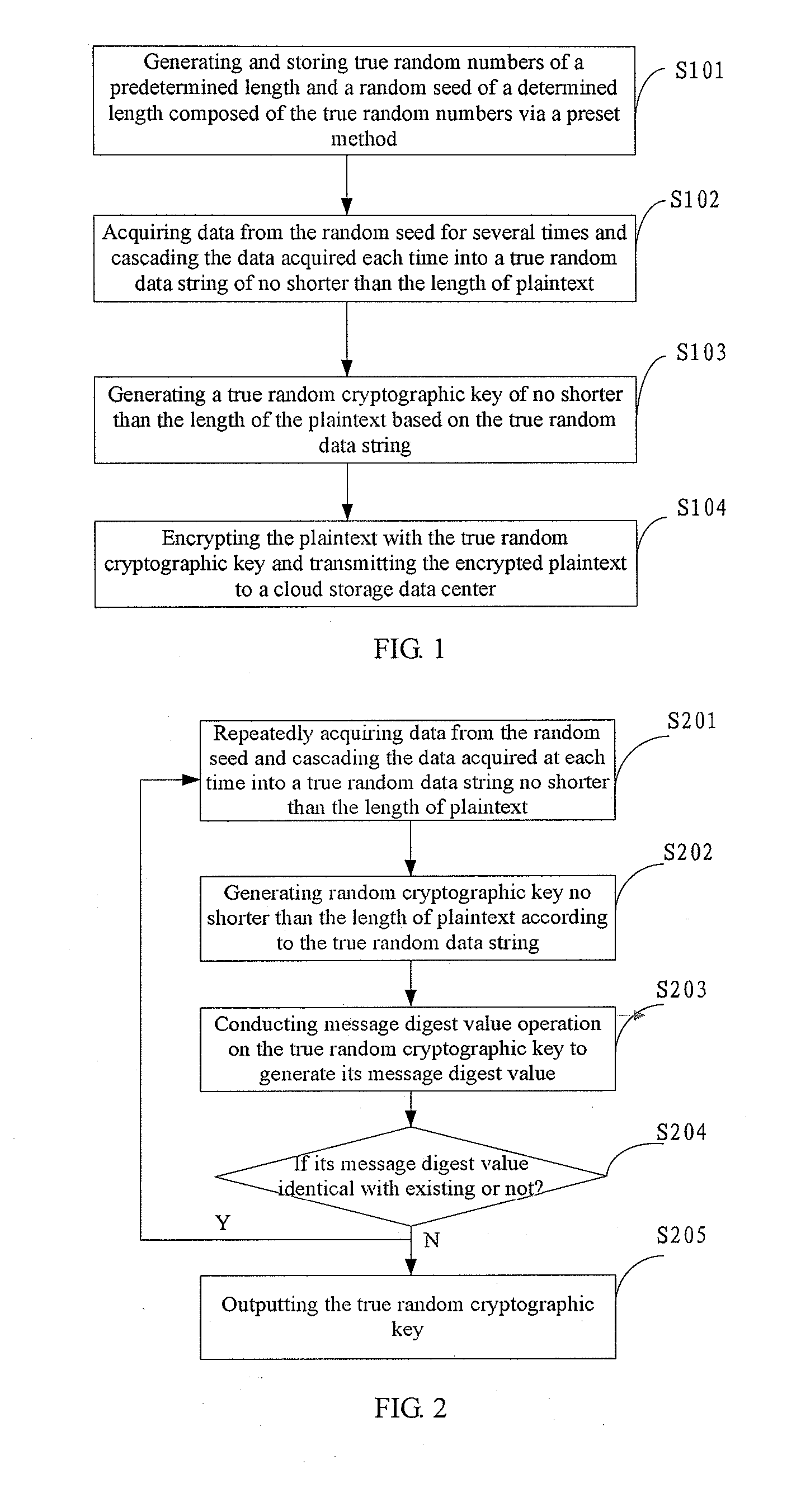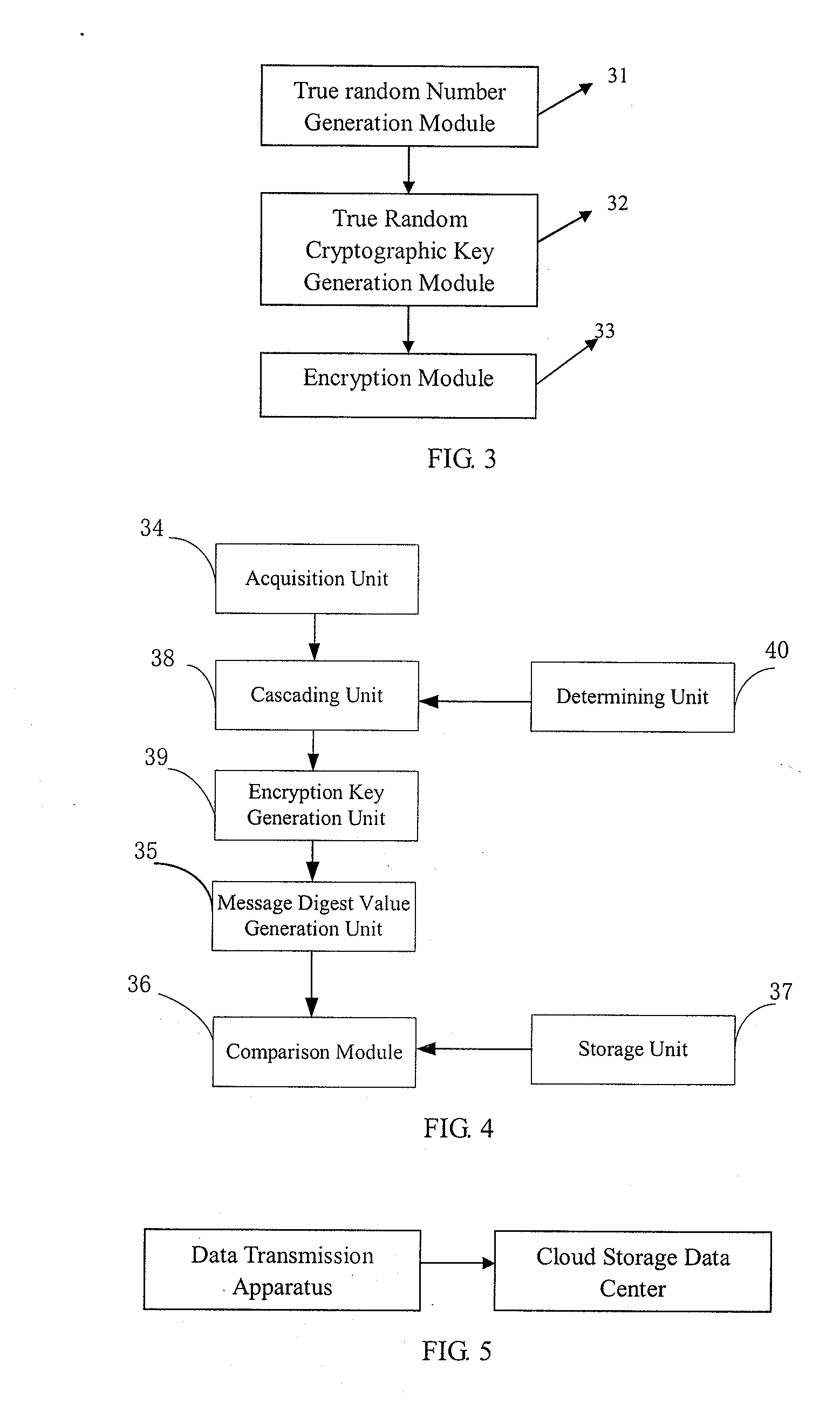Data has proven to be an important asset of enterprises, and the rapid growth of data has made enterprises facing unprecedented challenges.
Such storage systems are exclusively used by one party and can provide users with very
good control, better reliability and performance, but due to their poor
scalability, they do not apply to large-scale deployment; it is quite difficult for users in this mode to flexibly use storage budgets, and a one-time investment is needed to buy storage equipment; along with the increase in storage capacity, the
cost control will also face challenges.
However, in either mode of operation (private cloud and public cloud), the data owners will inevitably concern about the security and privacy of its data, especially public cloud storage users whose key
business data leakage may cause inestimable losses.
However, none of existing
encryption algorithms being used can be proven unbreakable, details can be seen in pages 6 and 12 of Applied
Cryptography Protocols, Algorithms and C
Source Code issued by the China Machinery Industry Press on Mar. 1, 2003.
However, as decryption technology develops continuously, hardware price declines and performance rises drastically, the security of
encryption algorithm will become increasingly unsafe.
In addition, in order to ensure the
encryption and decryption speed of the data to be stored, the existing cloud storage services usually do not adopt the most complicated encryption algorithms within the industry, otherwise the storage performance would become relatively slow, which will add to users' concern over the reliability of encryption
algorithm.
Moreover, once the users' data is stored into a cloud storage
data center with some kind of encryption
algorithm, it is difficult to be changed according to actual situation, e.g., the encryption algorithm used has been cracked.
It can be imagined that what kind of loss it would cause once an enterprise’ key
business data is illegally obtained and decrypted by others.
Therefore, no matter how many ciphertexts the cryptanalyst may have, they cannot get the unique solution.
1. OTP encryption method requires that the length of the cryptographic key should be at least equal to the length of the encrypted plaintext, which is to say, the physical storage space of the cryptographic key of the encryption method should be no less than that of the plaintext, which contradict the users' original intention to save their local storage space by using a cloud storage service.
2. This encryption method requires sufficient, non-repeatable and true random cryptographic keys so that the
cryptanalysis cannot generate the same cryptographic key according to some method.
If OTP is applied to cloud storage
data security protection, the most core problem is the generation of true random cryptographic keys, which is to say, how to save and generate sufficient, unduplicated and true random cryptographic keys no shorter than the plaintext with a relatively small
physical space in comparison of that of plaintext.
However, limited by the length of the pad, it is difficult to generate sufficient, unduplicated and true random cryptographic keys in conforming to the requirement of generating OTP cryptographic key.
The cryptanalysts, when intercepting enough ciphertexts, may reversely generate the pad, which will make the security of the whole system become vulnerable.
However, this method disobeys the unbreakable theoretical basis of OTP, that is, all cryptographic keys used in OTP should be true random and impossibly regenerated from another place at another time.
However pseudorandom number apparatus is possibly reproducible or unexpectedly intercepted by some means, which will cause the security of the whole system become vulnerable.
Such a method can generate sufficient real random cryptographic keys, but the storage space of the real random cryptographic keys is not smaller than that of the plaintext, which contradicts the original intention of cloud storage.
In case this selection procedure is leaked, then the security of the whole system will become vulnerable.
To sum up, the present OTP
cryptographic key generation methods cannot meet the requirement of cloud storage data security for OTP random cryptographic key.
 Login to View More
Login to View More  Login to View More
Login to View More 


